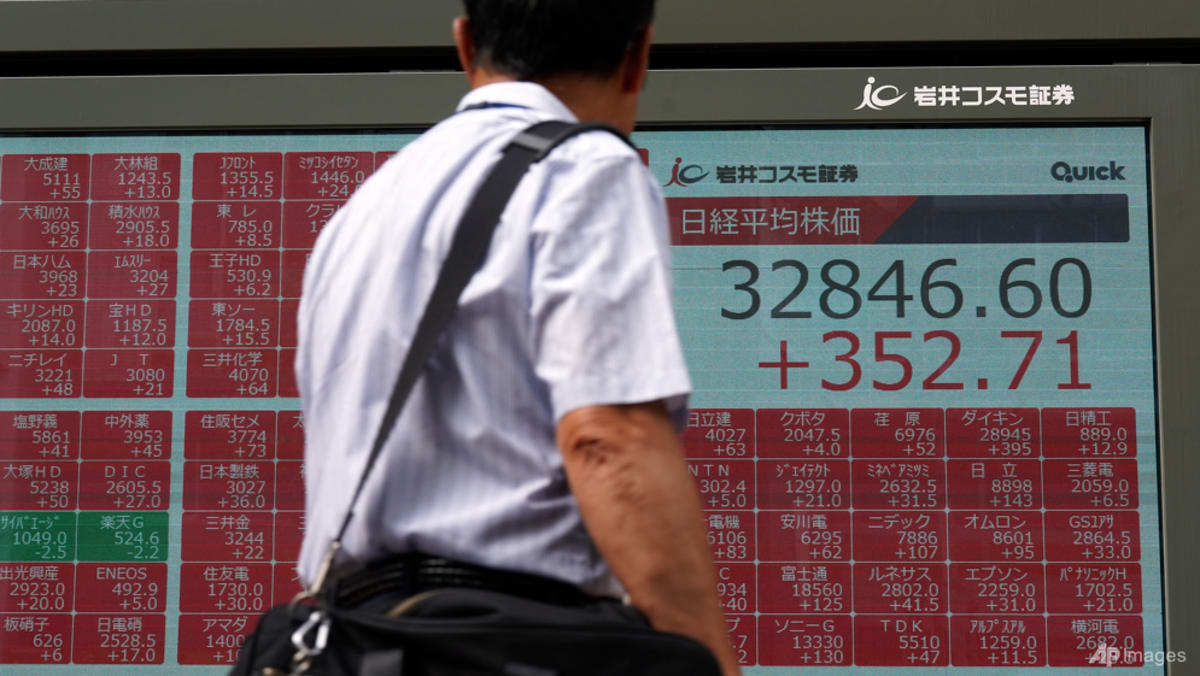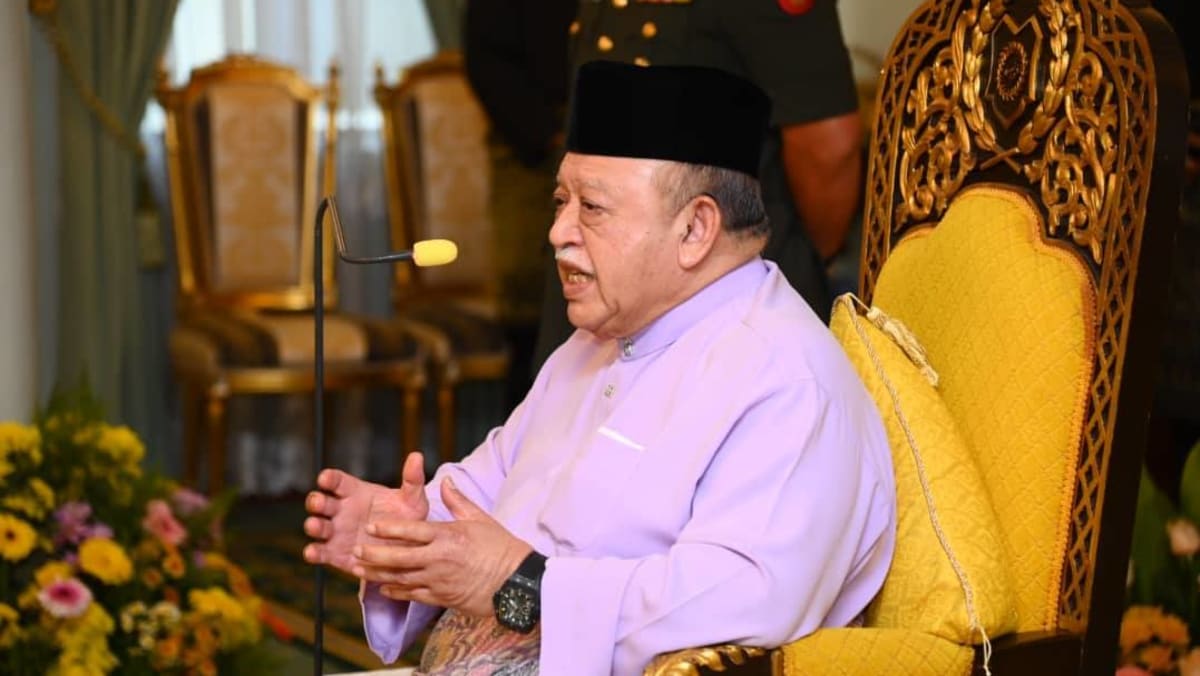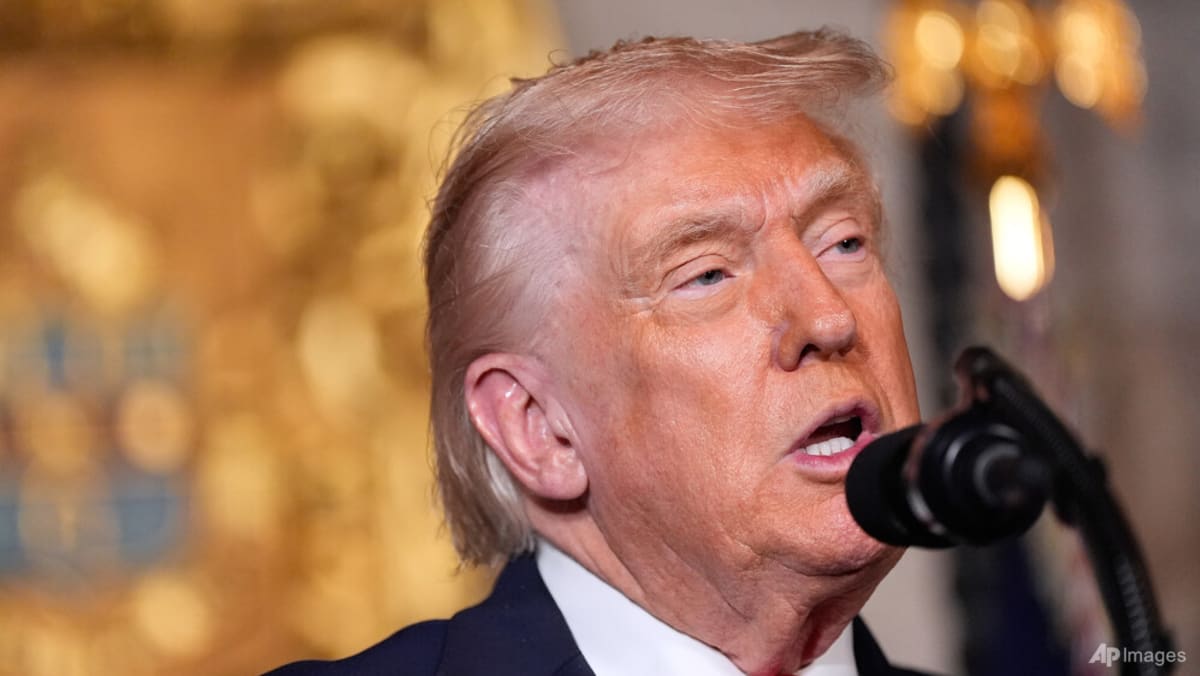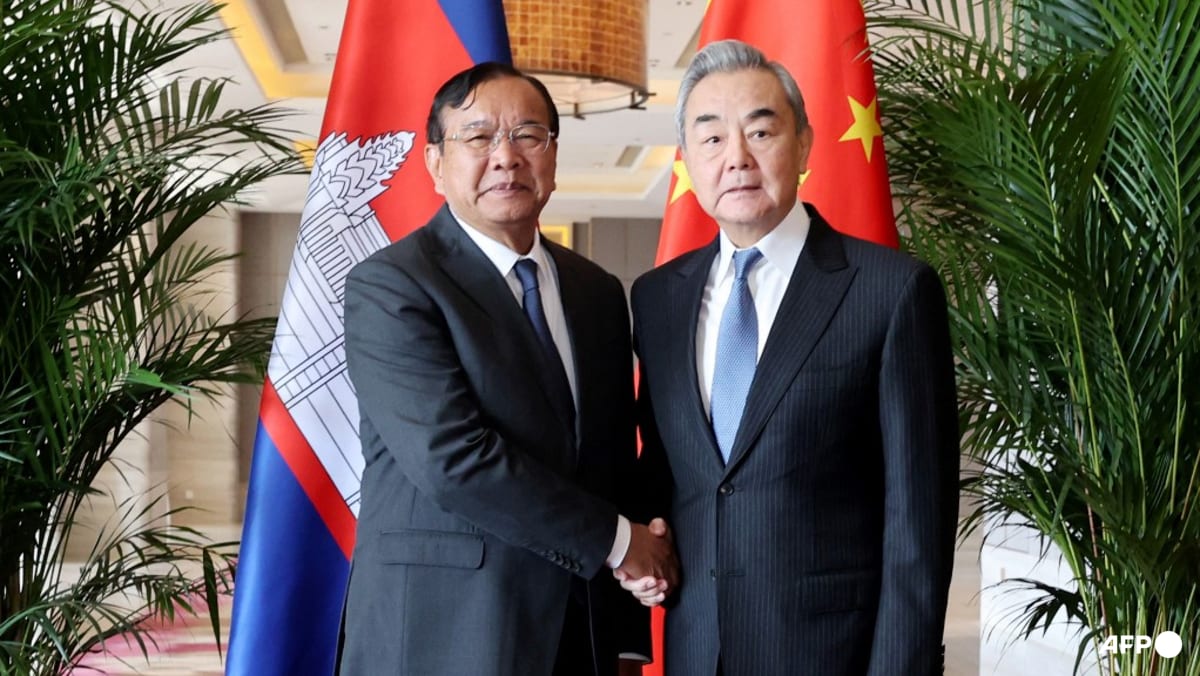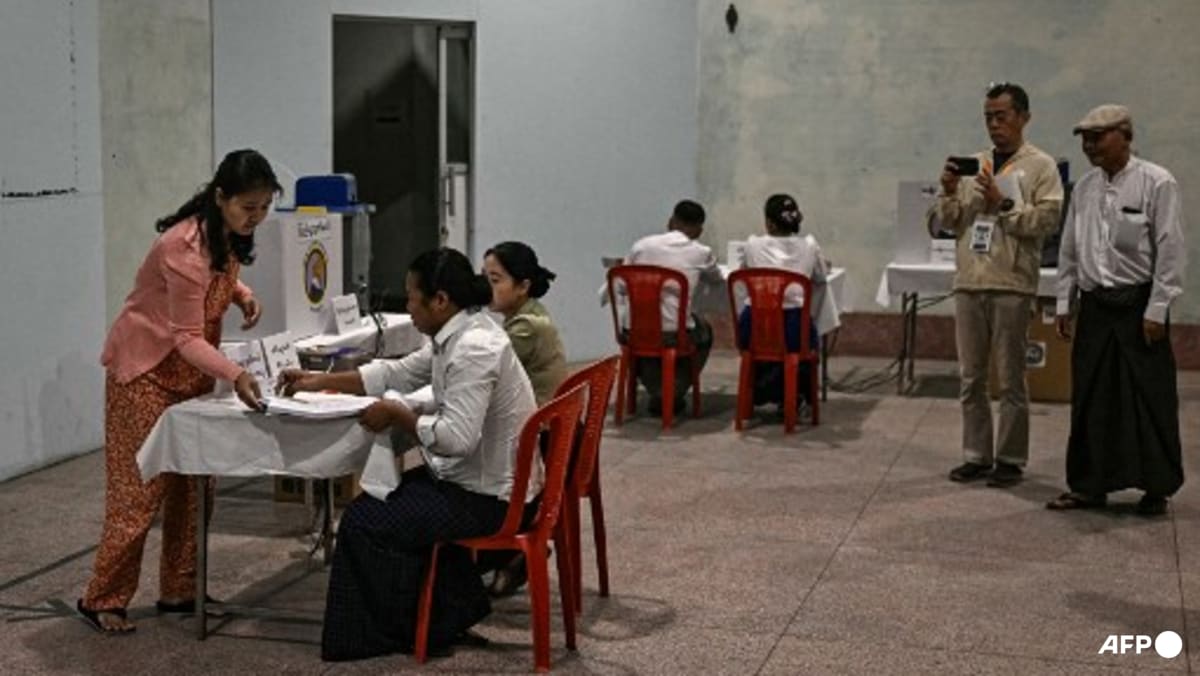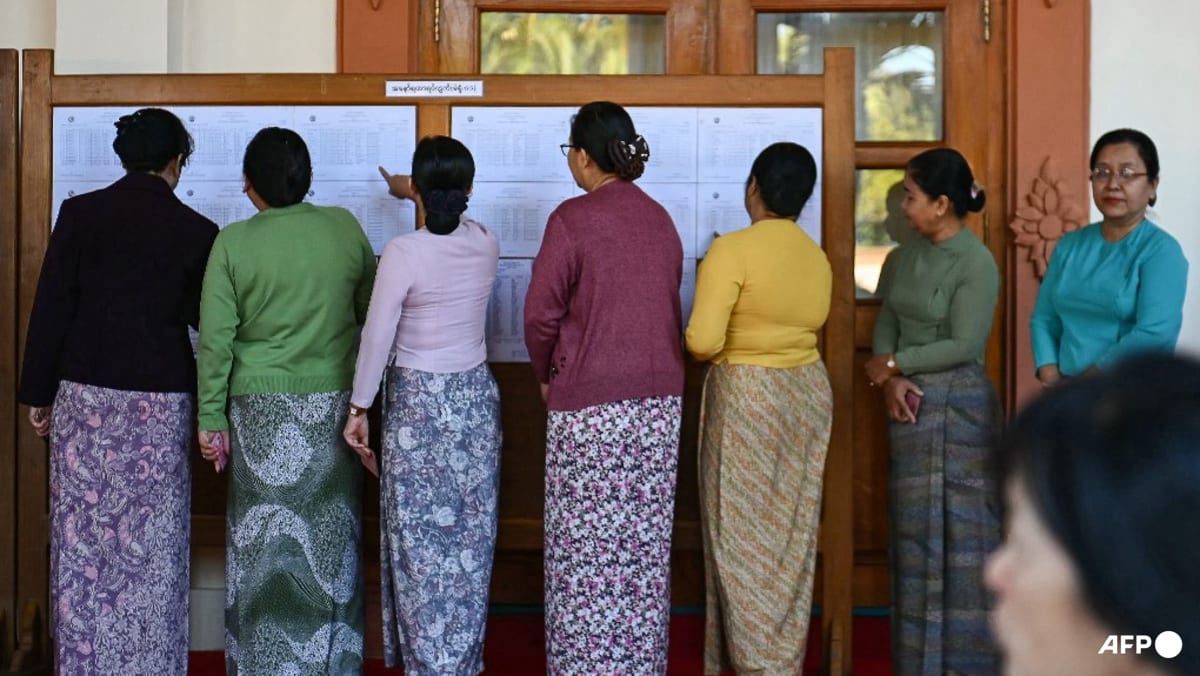Analysis: Biden’s no-show at ASEAN summit could cast doubts on US commitment to region
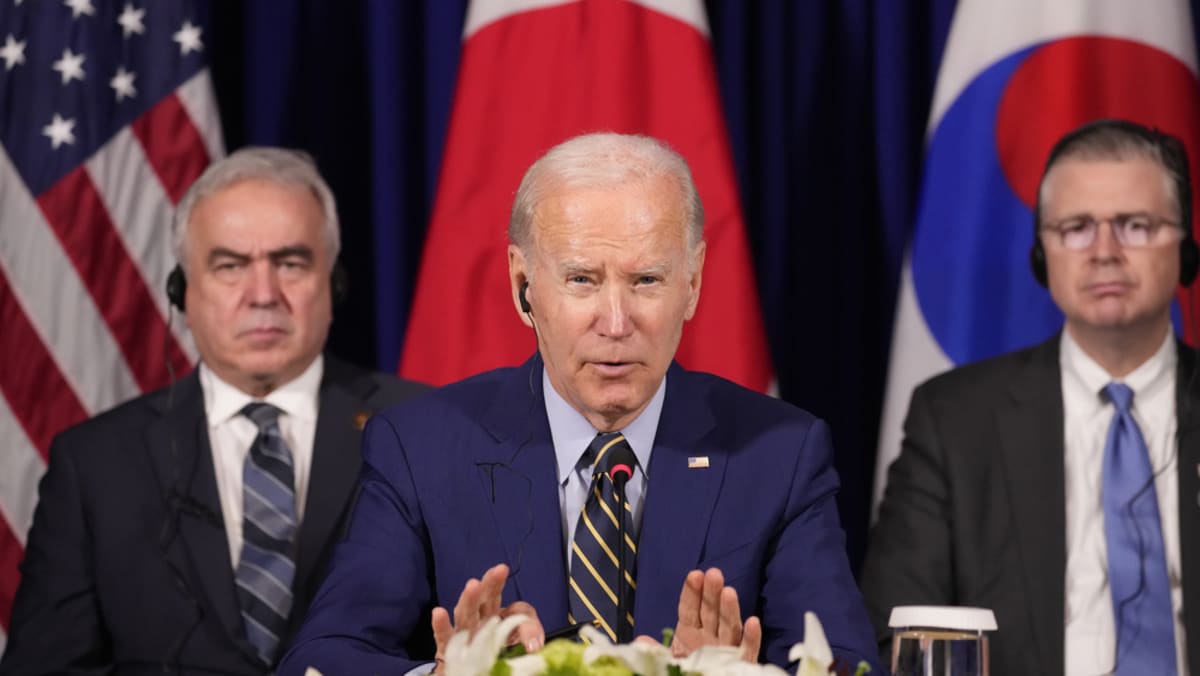
STRENGTHENING OTHER PARTNERSHIPS
Mr Biden will not be the first US president to miss the ASEAN summit and related meetings involving leaders from the region and the grouping’s partner-countries.
His predecessor Donald Trump did not attend the ASEAN summits three years in a row from 2018 to 2020, which observers believe resulted in outcomes detrimental to Asean’s centrality and interests.
“When Trump was not present (at the summits), the follow-up was that the US turned to AUKUS. It was created without consultation with ASEAN or Indonesia, even though Australia and the US are dialogue partners close to Indonesia,” says Assoc Prof Raharja.
“So it should be anticipated that in the future there will be new surprises from the US and even its regional political opponents which no longer take into account the significance of ASEAN as a regional organisation.”
She adds that the Asean grouping must pay special attention to the US and its allies if they want the next summits to remain relevant.
Prof Evi Fitriani, an international lecturer from the University of Indonesia calls it “a big loss and disappointment” as the attendance of a US president would have made the summit more “high-profile”.
But she also says Indonesia and ASEAN should not make a big fuss out of the situation, adding that his no-show would not make much difference in terms of the summit outcome.
“Would ASEAN automatically fall into the hands of China now? No, because there are still other big powers, such as Japan, the European Union, India, and Russia,” she adds.
Also, Prof Fitriani believes that even if Biden were to attend the summit, there is no guarantee that it would lead to outcomes that would benefit ASEAN.
Citing the Indo-Pacific Economic Framework for Prosperity (IPEF), an economic initiative launched last year by the US which includes 14 countries in the Indo-Pacific, the professor says it only benefits Washington in its effort to contain Beijing.
“It does not significantly affect development in ASEAN countries…it does not give market access to ASEAN countries, no additional support for development,” she highlights, adding how it only involves seven ASEAN members while excluding Cambodia, Laos and Myanmar, which are viewed as China-friendly states.
In view of the Biden no-show, Prof Fitriani suggests that ASEAN should expand its partnerships with other countries to avoid being trapped with just China.
“Therefore, it is very important for ASEAN to expand their partnerships with other countries such as the European Union, Russia, Japan and India,” she adds. “So that we have other dialogue partners apart from the US and China.”
Source: CNA



